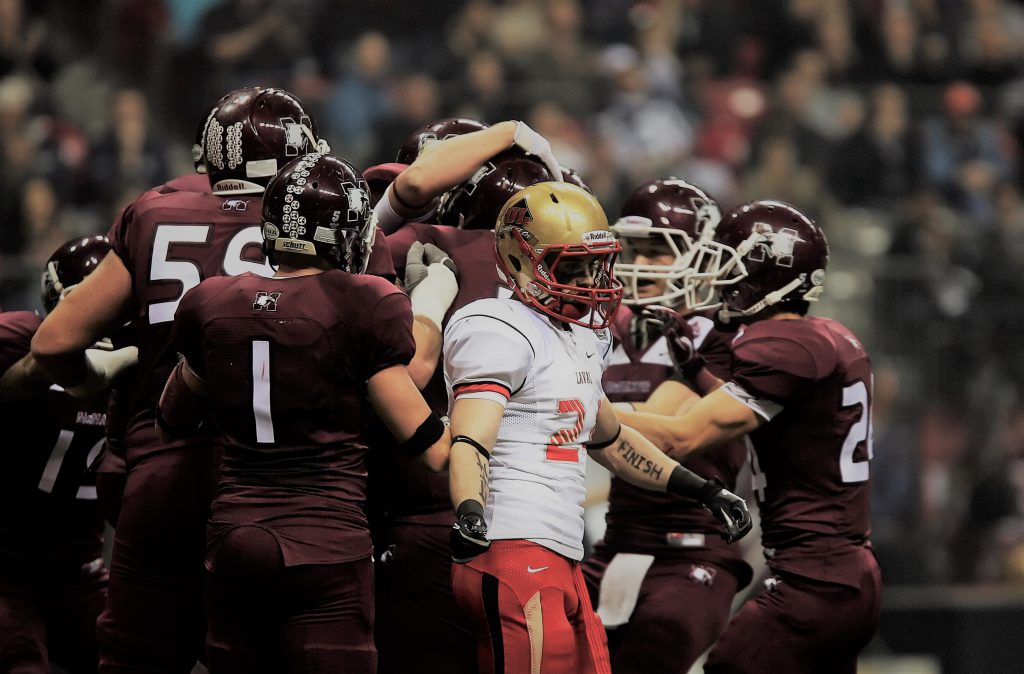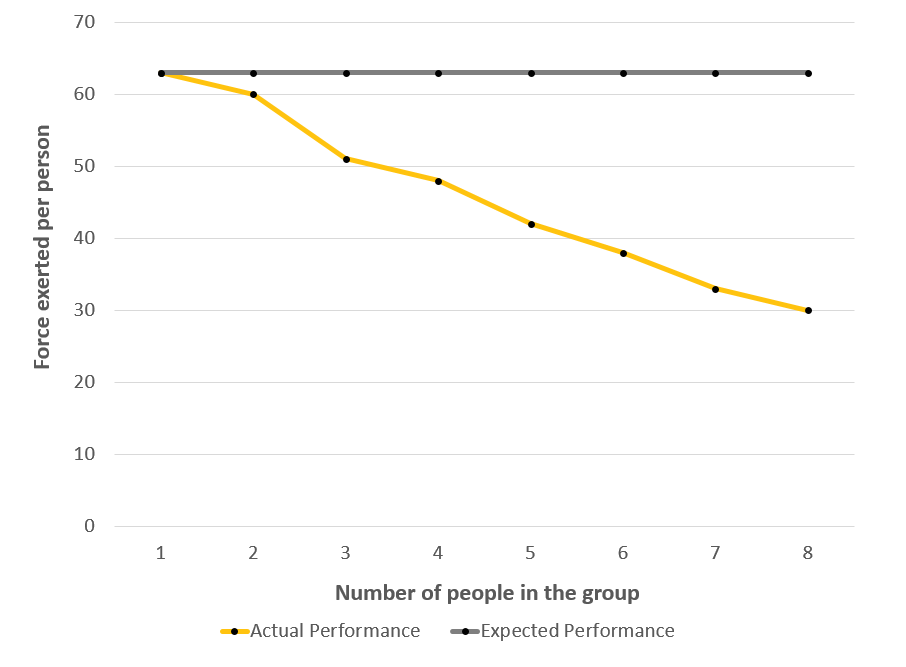
Do you remember group work at school? A teacher asked you to form a team, so you invited all your best friends to make the task as joyful as it could be. Obviously, you thought that working with your best buddies would be the best idea. However, once you started working on that project with a specific deadline, the pleasant and friendly atmosphere quickly disappeared. The project wasn’t progressing very much, its quality turned out to be poor and all the while, the deadline was getting closer.
Then, you noticed a pattern: only a few people from the team were actually involved in doing the real work, the rest – not so much. While some people were up to their ears with project tasks, so that they could get the best grade, others were slacking off, chilling, laughing and doing everything but project-related tasks. In the end, all the work was done by a single volunteer.
That’s one of the most common complaints concerning group projects and the reason why we dislike group work. Our past experiences in groups have taught us that some people simply don’t do their fair share of the work, so someone else is forced to take over. And, more often than not, that burden falls on you.
That’s called social loafing
Social loafing, free riding, shirking. You can call it whatever you like, but all these terms describe the same phenomenon – a tendency to do less than you’re able to while working in a group.
Such behavior is a well-known, widely recognizable fact. It was described by a French professor, Max Ringelmann, in 1913. His rope-pulling experiment [1] was found to have very interesting results. When a group of men pulled on a rope collectively, each of them didn’t pull as hard as when they were doing it alone. Simply put, as a team’s size increases, an individual’s performance and productivity decrease. That tendency was named after the professor – The Ringelmann Effect. And that’s what prevents a group of people from reaching their full potential.
Large teams are affected more significantly
The diagram below demonstrates that inclination. When there were 8 people in the group, each of them did about half as much work as they could do on their own. A bigger make-up of the group might have led its members to think:
“Hmm what if I don’t pull on the rope that hard, who will notice that?”

These findings can be applied to any modern office. If you work in a team, you will probably be able to observe that tendency. People in a group feel less responsible for the overall output. Consciously or not, we start to excuse ourselves thinking that everyone else is going to slack off, so it’s only fair for us to slack off, too. What if we did more work than others? That would be harmful to our ego. It would mean we were simply duped by our colleagues!
Bigger teams are also harder to coordinate. Even if group members possess all the skills and expertise that are required to complete a task, they may fail to coordinate their efforts in a productive way [2]. That predilection applies to sports teams in particular. You may expect an all-star football team to be the best and win the game. But in reality, if they are not able to effectively synchronize their actions during the game, their overall performance won’t be great.
A broader scope facilitates laziness
People in groups tend to rely on their co-members. But the size of a team is not the only factor that makes people lazy. Praveen Aggarwal and Connie O’Brien studied what other factors could have an impact on social loafing. While analyzing hundreds of college students in their research, they determined that one of the main factors is project size [3]. The bigger the project scope was, the more likely those students were to slack off.
They proved that dividing a project into smaller components minimized the risk of social loafing in a team. Moreover, they observed that reducing the length of a project from a semester-long to a shorter duration was quite beneficial. Students were more engaged in their project and they were less likely to neglect their duties.
The anonymity factor
While working in a group individuals become more anonymous. If you do something on your own, you’re fully responsible for its success or failure. It means that in case you finish a task with a perfect outcome, you will be the one to take all the glory. But if you fail, then you will get all the blame and shame. No one else is there to pull the rope but you.
In a group, both the glory and the blame are distributed among many people. And again, if we combine it with the large size of a team, it makes it even harder to notice individual results. When a team starts facing performance issues, its members will most likely go around the individual to a collective summary. They will use phrases like “the group is letting up” instead of “the particular members are slackers”.
Conclusion
Social loafing is a practice that companies would prefer to eliminate. And it’s completely understandable because social loafing affects work productivity and satisfaction to a great degree. Creating an impression of inequality among group members makes people dissatisfied with the work they’re doing. And that is something that can kill the team spirit as well as their involvement.
Now, have you experienced the Ringelmann Effect in your workplace? If so, what would you do to manage that problem?
Thankfully, there are a couple of studies and theories that can help you reduce diminished productivity. My next article will uncover how to minimize The Ringelmann Effect in your team.
References
[1] Ringelmann M. (1913). Recherches sur les moteurs animés: Travail de l’homme. Annales de l’Institut National Argonomique 12: 1–40.
[2] Donelson R. Forsyth. (2013). Group dynamics. Cengage Learning.
[3] Aggarwal, Praveen & Obrien, Connie. (2008). Social Loafing on Group ProjectsStructural Antecedents and Effect on Student Satisfaction. Journal of Marketing Education – J Market Educ. 30. 255-264. 10.1177/0273475308322283.